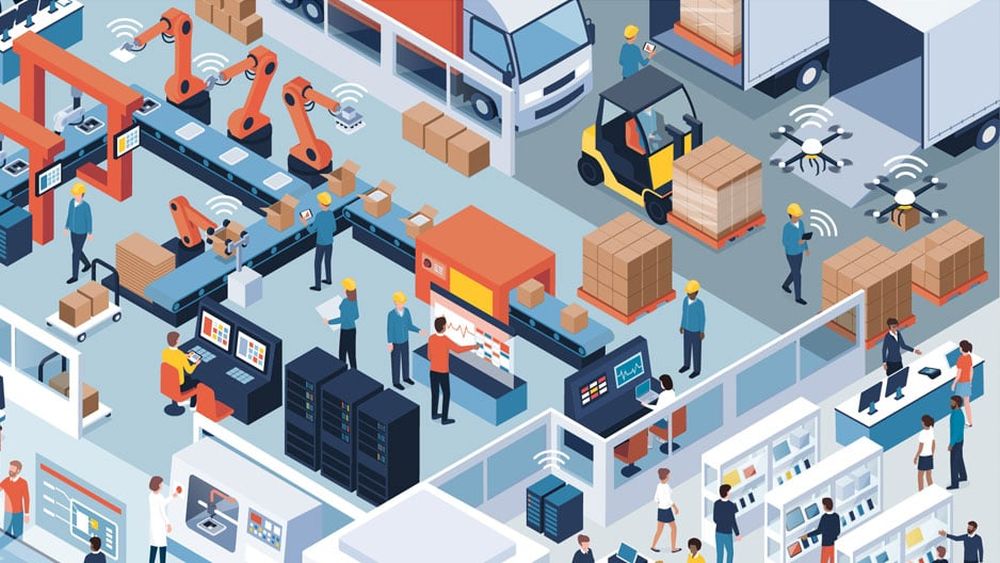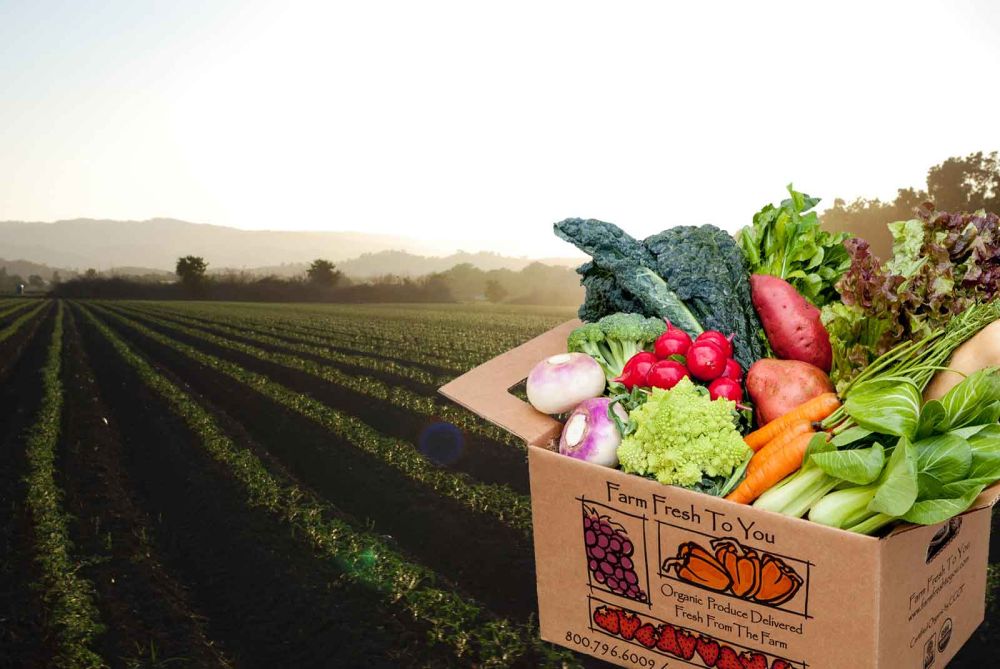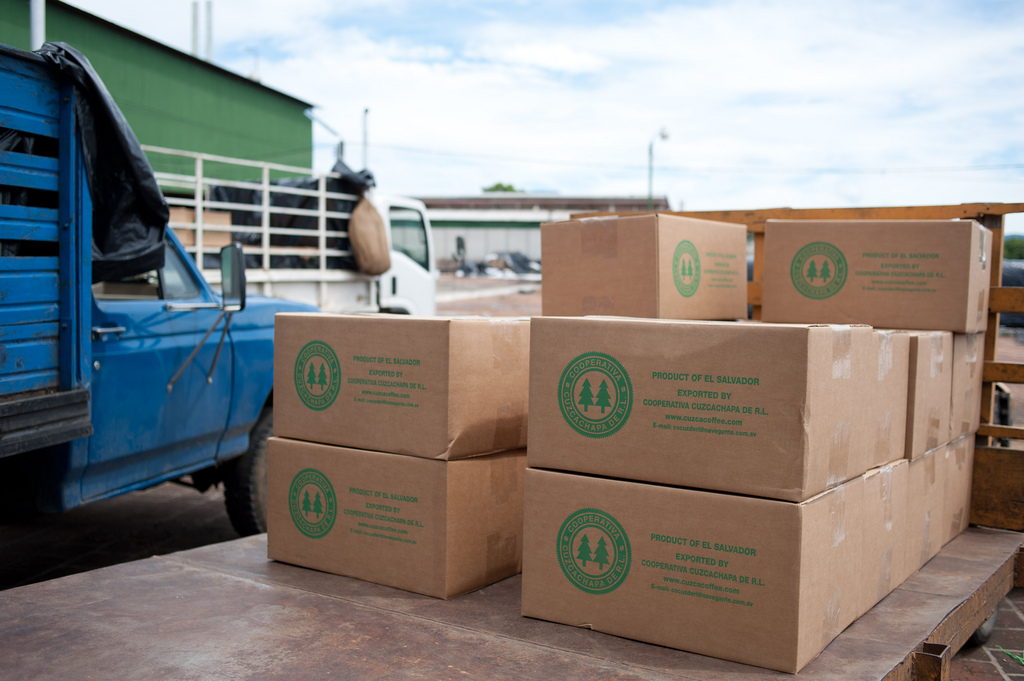Ensuring transparency across the entire supply chain stands as a critical goal for businesses spanning diverse industries. Yet, this objective encounters a significant roadblock, with only a handful of companies achieving comprehensive visibility. While the spotlight often falls on the last mile, with aspirations to emulate Amazon’s delivery efficiency, it is the first mile that emerges as the most formidable challenge in the supply chain journey.

The first mile, encompassing activities from the farm to the manufacturer or shipping container, remains shrouded in mystery for brands and suppliers alike. Christopher Mejía, Director and Founder of MIT’s Food and Retail Operations Lab, underscores the challenge, citing the fragmented nature of global agriculture. The lack of requisite technology and accessibility in the first mile exacerbates the struggle for seamless visibility.

Even prominent brands like Three Ships, a Canadian beauty brand, face hurdles. Despite identifying the origin of individual ingredients, the reliance on contract manufacturers hampers direct control, according to co-founder Laura Burget. Obtaining information about a product’s origin beyond the country level poses difficulties, emphasizing the urgent need for transparency down to the farm level.

Suppliers, positioned physically closer to farms, also grapple with first-mile visibility challenges. Juliet Wiebe-King, Vice President of Sustainability and Business Development at Red River Foods, highlights the complexities involved in managing both farms and processing facilities. While gaining control over the supply chain offers detailed visibility, it comes at a substantial cost.

Recognizing technology’s pivotal role in the first mile, industry leaders advocate for its deployment. Unilever leverages satellite data and artificial intelligence to monitor deforestation, while Red River Foods partners with Farmforce to digitize field visits to farms in low-connectivity areas. Despite technological strides, Mejía stresses that true understanding requires a physical presence on the ground—an aspect incurring additional costs often overlooked by consumers and unaffordable for farmers.

Addressing the first-mile challenge demands collective responsibility from supply chain stakeholders. However, as Mejía points out, reluctance persists among stakeholders to take decisive action, underscoring the need for a concerted effort to overcome this critical hurdle in achieving supply chain transparency.

